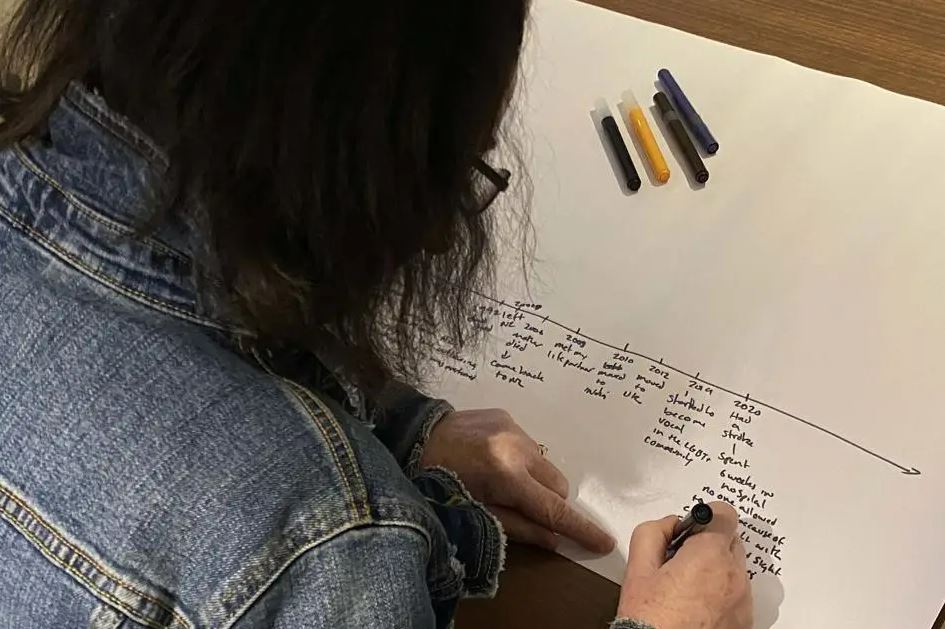A £1.2m Brunel-led research project is underway aimed at helping policymakers, practitioners and community groups gain a better understanding of ageing in LGBTQ+ communities.
The Socially Inclusive Ageing Across the Lifecourse (SIAL) study is funded by the Economic and Social Research Council. We are working in partnership with Dr Kimberley Smith at the University of Surrey to investigate the social health of older people from minority groups, including the LGBTQ+ community. Social health refers to the supportive role of community and individuals’ social networks in later life.
Dr Isla Rippon and Professor Christina Victor have been investigating the extent to which health and wellbeing outcomes for LGBTQ+ people are visible in large-scale population surveys such as Understanding Society and the English Longitudinal Study on Ageing (ELSA). Their initial findings show that population surveys could do more to ensure that LGBTQ+ people are represented in their sampling. Their work is also highlighting hidden aspects of LGBTQ+ ageing, such as higher levels of loneliness among bisexual people, who are sometimes overlooked within LGBTQ+ communities.
Dr Amy Prescott, Dr Mike Thomas and Professor Christina Victor are collecting qualitative data on the life histories of older LGBTQ+ people, with participants drawing timelines during research interviews to stimulate discussion of their life stories. The timelines provide a mirror to LGBTQ+ history, with participants mentioning developments including decriminalisation, an unequal age of consent, the HIV-AIDS crisis and access to marriage and civil partnerships as milestones in their lives.
The interviews are highlighting some of the challenges older LGBTQ+ face across their lifespan, having grown up in a period when being LGBTQ+ was more stigmatised than today. This marginalisation, often from family members as well as in wider society, influenced their decisions about coming out, where they lived, their careers and the people they could turn to in times of need. The interviews also reveal the impact of the HIV epidemic on older gay men and the challenge of forming and maintaining relationships that largely went unrecognised in law and in British society.

Although LGBTQ+ parenting is more visible these days, our interviews also remind us that there is a long history of LGBTQ+ parenting; something that is often forgotten when we think about the needs and support networks available to LGBTQ+ people in later life.
Our interviews are recording many positive stories about the older generation of LGBTQ+ people. They have been in the vanguard of liberation struggles for LGBTQ+ people and we owe them a debt of gratitude for the progress we sometimes take for granted. Some older gay men did not expect to live into old age, with advances in HIV diagnosis and treatment transforming their expectations about later life. Our research is showing that older LGBTQ+ people are often living happy, fulfilled lives, confounding stereotypes.
The theme of this year’s LGBTQ+ history month is Medicine: Under the Scope. We have presented aspects of our research to students in the Brunel Medical School. We are also working with Professor Justin Fisher (CBASS) and Professor Keming Yu (CEDPS) and members of the UK government Open Innovation Unit to maximise the impact of our research for policy, practice and community audiences.
Amy Prescott has produced an LGBTQ+ history timeline which we are distributing to LGBTQ+ community groups and participants. You can access the timeline and find out more here.
Parallel strands of the project are focusing on ageing in racially minoritised communities and people who are ageing with a lifelong disability or health condition. The project will run until the end of 2025 and we will be presented at the Brunel Research Festival this May.